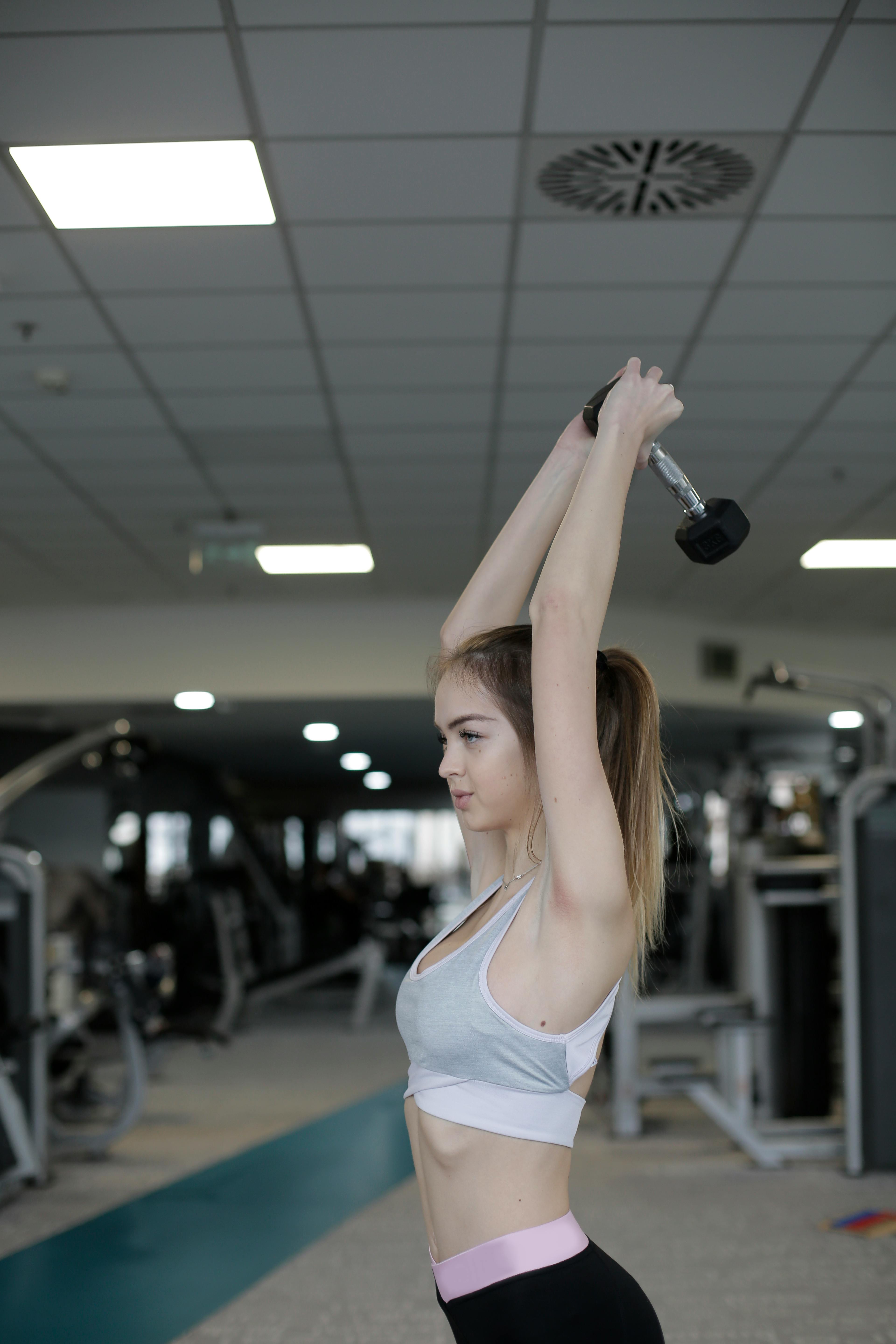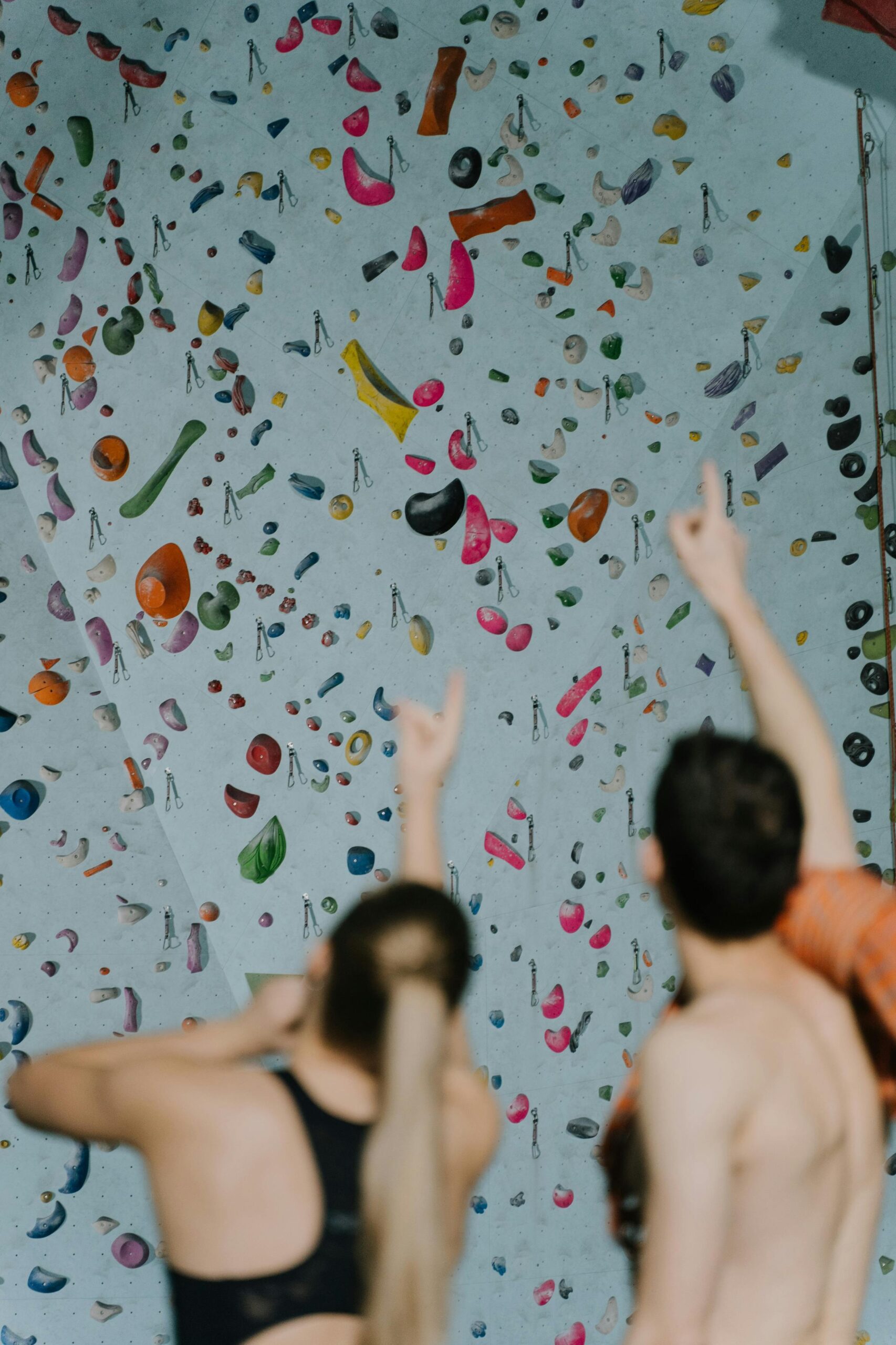Practical Guide to the Best Gym Training Plans for Beginners in 2025
Embarking on a fitness journey can be both exhilarating and overwhelming, especially for beginners. A well-structured gym training plan is essential to ensure effective workouts, muscle gain, and overall fitness. In this guide, we will explore the best gym training plans tailored specifically for beginners, focusing on various aspects such as training methods, nutrition, and motivation, allowing individuals to achieve their fitness goals effectively.
Understanding the fundamental principles of fitness is crucial for any beginner. This guide will cover essential information on strength training, cardiovascular workouts, proper nutrition, recovery techniques, and psychological aspects of motivation in sports. Our goal is to arm you with the knowledge and tools necessary to create a personalized training plan that suits your fitness level and objectives.
So, whether your aim is to build muscle mass, enhance endurance, lose weight, or improve your overall health, this article will serve as a comprehensive roadmap to kick-start your journey towards a healthier lifestyle. Let’s dive into the key components!
Essential Components of a Beginner’s Gym Training Plan
Understanding Your Fitness Goals
Before starting any workout program, it is crucial to define your fitness goals. This can range from muscle building and fat loss to improving overall health and fitness levels. By laying out clear objectives, you can tailor your training plan effectively. For beginners, it’s beneficial to keep the goals SMART (Specific, Measurable, Achievable, Relevant, Time-bound). For example, aiming to lose 5 kilograms in 3 months or perform five push-ups by the end of the month is a great initiative. Understanding these goals enables you to maintain motivation and track progress.
Fundamentals of Workout Structure
A balanced gym training plan should incorporate various elements such as strength training, cardiovascular exercise, flexibility, and recovery. For beginners, focusing on compound movements that engage multiple muscle groups is beneficial. Exercises such as squats, deadlifts, and bench presses should be incorporated. Generally, a workout plan could follow a split routine, integrating both upper and lower body workouts with appropriate rest days in between to ensure recovery.
Equipment and Facilities: Choosing What Works
As a beginner, understanding available equipment and facilities can enhance your workout experience. Gym basics include free weights, resistance machines, and cardio machines such as treadmills and stationary bikes. Familiarizing yourself with different equipment can allow for varied workouts, which not only relieve boredom but also work different muscle groups effectively. Begin with exercises that require minimal equipment to build a solid foundation before advancing to more complex routines.

Crafting Your Workout Routine: Key Considerations
Session Duration and Frequency
When designing your workout routine, consideration must be given to session duration and frequency. For beginners, it is typically recommended to work out 3-4 times per week, with each session lasting between 45 to 60 minutes. This allows sufficient time for both strength and cardio training, ensuring all major muscle groups are targeted while allowing for adequate recovery.
Warm-Up and Cool-Down Techniques
Warming up before workouts and cooling down afterward is vital to prevent injuries and promote recovery. A proper warm-up should involve dynamic stretching or low-intensity cardio for 5-10 minutes. Similarly, cooling down with static stretches helps in enhancing flexibility and reducing muscle soreness post-exercise. These techniques are fundamental aspects that every beginner must include in their workout routine.
Integrating Cardiovascular Training
Cardiovascular exercises are essential for promoting heart health, burning calories, and improving endurance. Beginners can start with low-impact activities like walking, cycling, or swimming, gradually increasing intensity and duration. Incorporating cardio sessions into your weekly plan not only boosts endurance but also aids in weight management and overall fitness improvement.
Nutrition and Recovery: Fueling Your Body
Understanding Nutritional Needs
Proper nutrition plays a crucial role in achieving fitness goals. Beginners should focus on a balanced diet rich in protein, carbohydrates, and healthy fats. Protein is pivotal for muscle recovery and growth. Aim for sources like lean meats, fish, legumes, and dairy. Carbohydrates provide energy for workouts, while healthy fats support overall health. Keeping a food diary can help monitor nutrition intake and ensure you meet your dietary needs.
The Importance of Hydration
Staying hydrated is essential for optimal performance and recovery. It’s crucial to drink enough water before, during, and after workouts to prevent dehydration. For beginners, a simple rule is to consume at least 2-3 liters of water daily, adjusting based on activity levels and environmental conditions. Proper hydration can significantly affect workout efficiency and overall health.
Recovery Techniques and Rest Days
Incorporating recovery techniques into your training plan is essential. Adequate rest days allow muscles to repair and grow stronger. Moreover, incorporating techniques like foam rolling, yoga, and gentle stretching can aid in recovery and prevent muscle tension. Beginners must also listen to their bodies, allowing extra rest when necessary to avoid burnout and injury.

Psychological Aspects: Staying Motivated
Creating a Positive Mindset
Having the right mindset is key to succeeding in any fitness journey. Beginners should focus on positive reinforcement and goal visualization to stay motivated. Establishing a routine that includes rewarding milestones such as completing a workout week or reaching a weightlifting goal can enhance motivation. Additionally, surrounding yourself with supportive individuals or finding a workout buddy can significantly encourage you along the way.
Dealing with Setbacks and Challenges
Setbacks are a natural part of any fitness journey. It’s important to stay resilient and adaptable. Acknowledging that progress may not always be linear can help manage expectations. Developing coping strategies, such as setting new goals or finding alternative workouts, can help individuals overcome challenges and maintain their fitness journey momentum.
Utilizing Fitness Apps and Tracking Progress
Tracking progress is vital for maintaining motivation and understanding improvements over time. Fitness apps can be a great resource for beginners to log workouts, track dietary intake, and monitor body changes. Utilizing technology not only enhances accountability but also provides insights that can aid in refining your training plan for better results.
Conclusion: Starting Your Fitness Journey
Embarking on a fitness journey as a beginner can be incredibly rewarding. By understanding essential components such as workout structure, nutrition, recovery, and the psychological aspects of training, you can establish a solid foundation for your fitness journey. Remember, consistency and patience are key to success. As you progress, continuously adapt your training plan, set new goals, stay motivated, and celebrate your achievements along the way. Empower yourself through knowledge and take the first step towards a healthier, fitter future!
For more in-depth insights on specific fitness topics, feel free to explore [this article](https://ajio.info/?p=1473) and [this guide](https://ajio.info/?p=1468).
